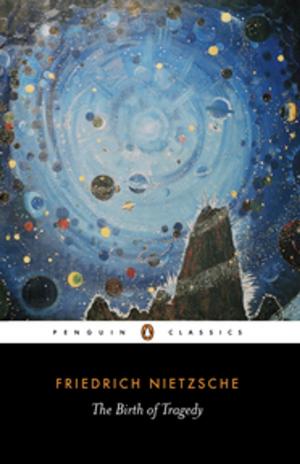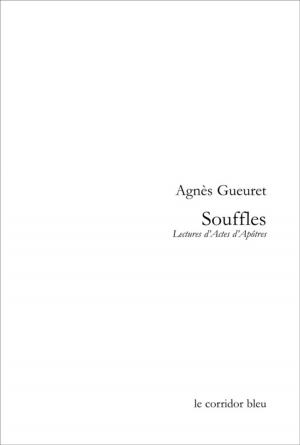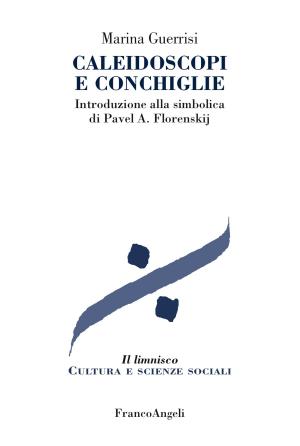Decoding of the Lao-zi (Dao-De Jing): Numerological Resonance of the Canon's Structure
Nonfiction, Religion & Spirituality, Philosophy| Author: | Alexander Goldstein | ISBN: | 9781465710253 |
| Publisher: | Alexander Goldstein | Publication: | October 31, 2011 |
| Imprint: | Smashwords Edition | Language: | English |
| Author: | Alexander Goldstein |
| ISBN: | 9781465710253 |
| Publisher: | Alexander Goldstein |
| Publication: | October 31, 2011 |
| Imprint: | Smashwords Edition |
| Language: | English |
The "Dao-De Jing" is the most famous and unfathomable work of Chinese philosophical inheritance. It is unique among the other classical ‘guidebooks’ in providing a practical method, by which one can effect this experiential learning of the absolute Dao. As a canon, it is a symbolic work and its symbols transcend its context. When this is properly understood, all 81 sections of it divided into nine divisions and two halves have universal application. Any attempt to translate them with no account taken of the numerological and symbolical systems means to remove them entirely from systematic canonical context and narrow the field of application, causing damage to philosophical concepts it contains. At worst, it can result in a distortion of the meaning, which is quite inappropriate to the original. This work object is not to restore the original "Lao-zi," but on the basis of the logical rules and numerological analysis disclose its inner structure. In the intrinsic line with current philosophical perspective and the theory of cognition, this is an attempt to comprehend Lao-zi’s epistemological model revealed through two correlative aspects--the heavenly Dao and earthly De--two exposed form of intuitive graphical display derived from the common source of Chinese numerological systems.
The "Dao-De Jing" is the most famous and unfathomable work of Chinese philosophical inheritance. It is unique among the other classical ‘guidebooks’ in providing a practical method, by which one can effect this experiential learning of the absolute Dao. As a canon, it is a symbolic work and its symbols transcend its context. When this is properly understood, all 81 sections of it divided into nine divisions and two halves have universal application. Any attempt to translate them with no account taken of the numerological and symbolical systems means to remove them entirely from systematic canonical context and narrow the field of application, causing damage to philosophical concepts it contains. At worst, it can result in a distortion of the meaning, which is quite inappropriate to the original. This work object is not to restore the original "Lao-zi," but on the basis of the logical rules and numerological analysis disclose its inner structure. In the intrinsic line with current philosophical perspective and the theory of cognition, this is an attempt to comprehend Lao-zi’s epistemological model revealed through two correlative aspects--the heavenly Dao and earthly De--two exposed form of intuitive graphical display derived from the common source of Chinese numerological systems.















